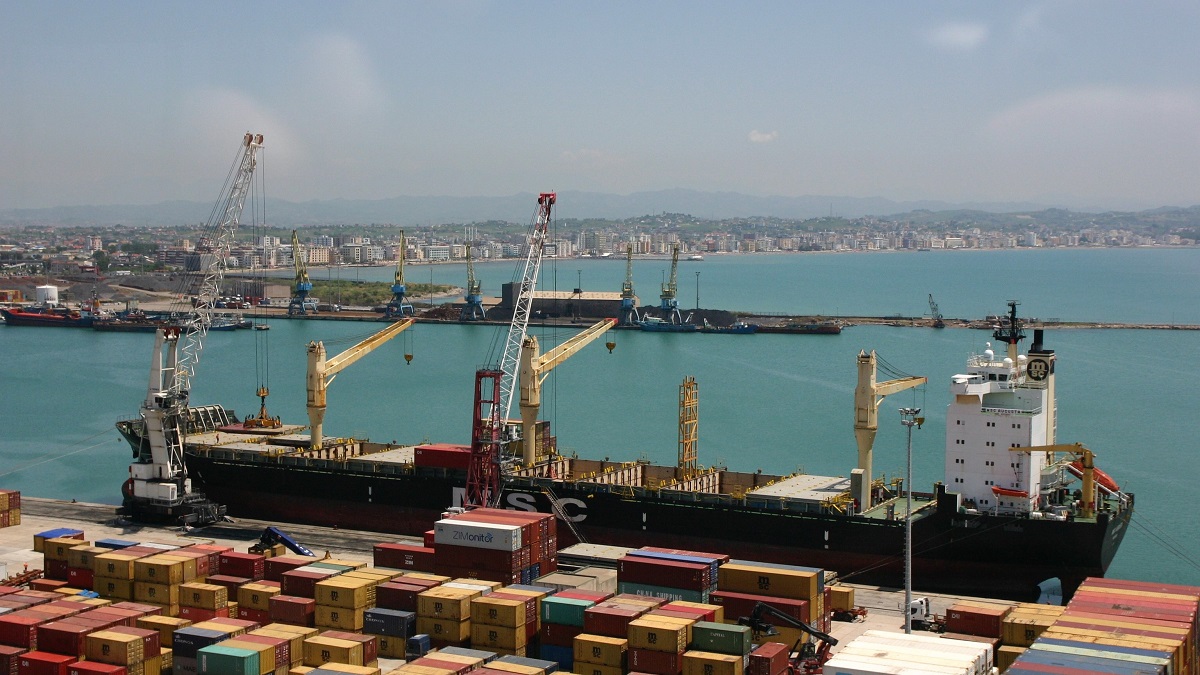A stronger dispute settlement system is essential to curb protectionist tendencies, ease tensions and ensure trade works for all.

Shutterstock/T. Miettinen | The port of Durres in Albania.
UNCTAD and its partners have launched a three-year project to prevent and address trade disputes in the Central European Free Trade Agreement (CEFTA) region.
Funded by the European Commission, the project was launched on 6 September in the Albanian capital, Tirana, at a meeting opened by the country’s finance and economy minister Delina Ibrahimaj.
The project will support dispute settlement mechanism negotiations and the monitoring of non-tariff measures in the region.
It will involve the private sector, particularly small and medium enterprises, in capacity-building activities and broader trade dialogues.
The CEFTA, created to boost intra-regional trade, includes parties mostly located in Southeastern Europe.
Trade dispute settlement matters
Dispute settlement mechanisms provide legal frameworks for addressing trade disputes, emphasizing a rules-based system over unilateral action.
Such mechanisms exist at regional and international levels and help reduce tensions among trading parties.
Driving regional integration
Through the new project, UNCTAD will provide legal support and training to the CEFTA Secretariat and economies in the region to support ongoing negotiations of a dispute settlement mechanism.
The agreement aims to make the mechanism’s rules more efficient and prevent economies from introducing policies that could affect trade in the region.
Enhancing transparency
The project will also improve transparency and the understanding of non-tariff measures (NTMs) in the CEFTA region.
It will produce annual reports on NTMs and improve transparency through data collection from official sources, following UNCTAD’s standardized methodology.
NTMs are policy measures other than customs tariffs, which create various challenges and costs in cross-border trade.



